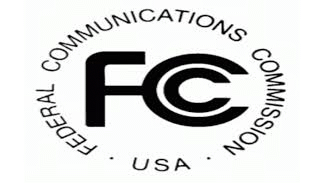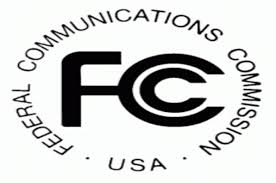

Net neutrality is often misunderstood as effecting internet service speeds for consumers—much the way some users experienced throttling or other forms of sluggish service to their devices. But there is something much, much more important at stake, for all of us as citizens, and especially for small business-driven industries like ours
The net neutrality rules were designed to prevent carriers from giving priority to certain sites and apps. These rules stopped carriers from allowing preferred content (of their choosing) to load on a “fast lane” while other URLs/apps were relegated to a slow lane. Why does this matter? Carriers might slow some sites for competitive reasons (i.e. Comcast could slow Netflix to give priority to its own movie services). Or carriers might simply want to charge websites for access to the fast lane—forcing out sites and apps that can’t afford the toll.
The way to think about it is this: do you want all URLs/apps to be equal so you can choose what to see, use, or build? Or do you want carriers to decide whose sites should load, based on who can pay to be seen? What if one of the sites/apps that can’t pay the toll is your marketing site, or your remote diagnostic tool for your products or installations? What if it’s one of the apps you sold to your customer as the value proposition for managing their install? What if it’s your open source home control program?
Carriers will argue that without net neutrality they will be able to develop “products” for better user experience, etc. They will argue they will be able to give consumers more “choice.” But what they mean by choice is being able to choose from among the same limited group of players who can pay top dollar for distribution and marketing. They don’t mean choice in the sense that your favorite random, homemade woodworking site will load just as fast as Facebook. This is terrible for free speech and dissent, and for tiny startups and independent small businesses.
In terms of product development and AV, it’s bad for browser-based product features, cloud-based product features, and any other differentiator that relies on things loading over the internet. Carriers will also argue that they should be able to monetize “their” distribution pipes. But the value of the internet is not just physical fiber and routing and switching, it’s also audiences and engagement. The distribution pipes have so much value because we all built that value together over a free and open internet. Similar to the white spaces debate, Pro AV is a forgotten stakeholder. Net neutrality is critical to the success of our industry’s software, apps, innovations and small businesses.








